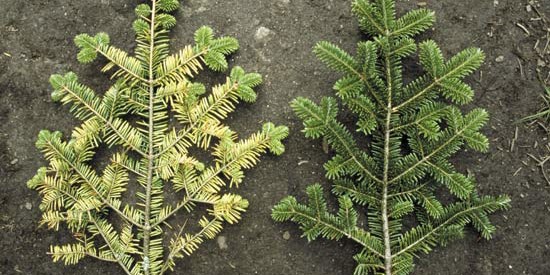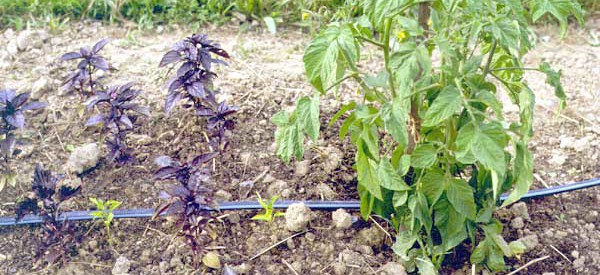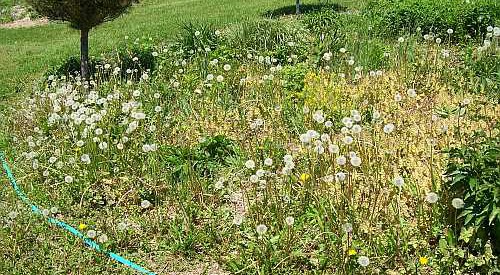It was Grandma Wilson who first made us aware of the black treasure lying in the woods. She was a slight wisp of a lady with twinkling eyes and an infectious smile. It was her custom to select one child at a time and invite them to a breakfast of poached eggs floating in butter and soda bread. It was one spring day, in this foregone era, that Grandma Wilson summoned us. She dispatched us to the woods with specific instructions to harvest her treasure. We were to remove the top 4 inches of naturally accumulated, decomposing leaves, twigs, bird droppings and any other organic debris and reveal the forest floor for her black treasure to be uncovered.
We once walked in similar woods with an archeologist, showing him colonial root cellars. He told us that under the conditions of the forest floor we were walking on, it would take 100 years to accumulate 1 inch of topsoil. So precious is this topsoil that land developers pile it up with bull dozers then cut it with inexpensive sub-soil. So precious that conservationists all over the globe are trying to protect it. So precious that I bet there are even grandmothers today that cherish it, harvest it and use it as a prized potting soil.
We still eat poached eggs swimming in butter and always, always think of Grandma Wilson when we do, and smile at what she inspired.
-Brent and Shawn







